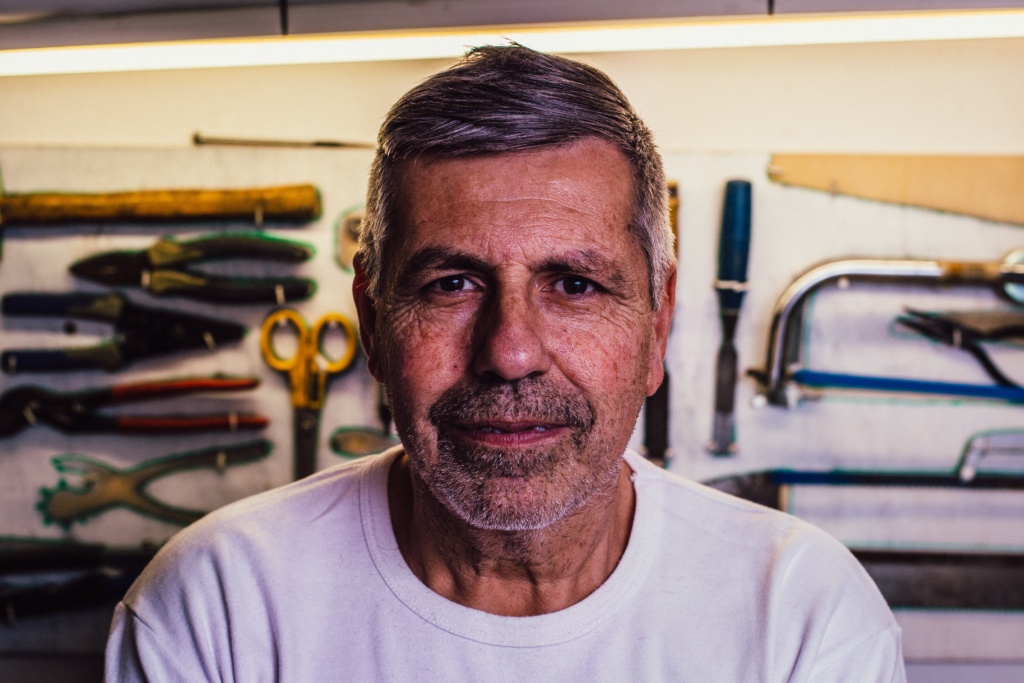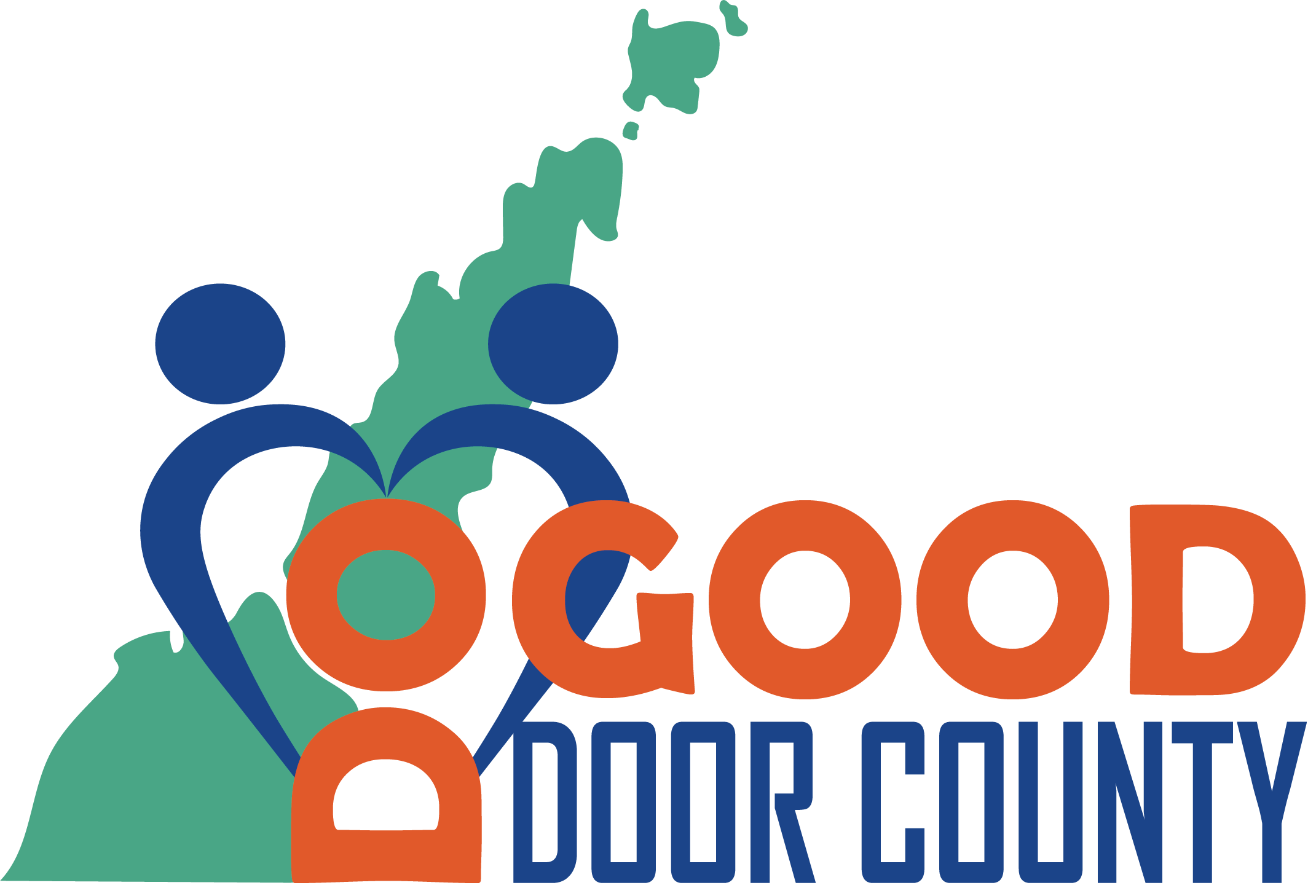I recently learned a startling statistic…Door County has a suicide rate of 14.9 per 100,000, higher than the national rate of 13.48 per 100,000. Older adults account for almost 20% of suicides, the majority being men. It is vital to address the unique challenges faced by older men. This segment of our community often struggles silently, with their mental health concerns going unnoticed or disregarded. The reasons for older men having higher suicide rates are multifaceted, including factors such as social isolation, loss of loved ones, physical health issues, and stigma surrounding mental health in older generations.
To effectively support older men’s mental health, it is essential to recognize the warning signs of suicide. These can manifest in various ways, including:
• Social withdrawal and isolation from family, friends, and activities they previously enjoyed.
• Expressing feelings of hopelessness, worthlessness, or being a burden to others.
• Changes in appetite, sleep patterns, or weight loss.
• Increased substance abuse, alcohol consumption, or reckless behavior.
• Giving away prized possessions or making final arrangements.
Older men need a strong support network to maintain their mental well-being. Family and friends can help by promoting open conversations, creating a safe and non-judgmental environment where older men feel comfortable discussing their feelings and concerns. If signs of distress are evident, encourage them to seek support from mental health professionals who specialize in geriatric care. It is important for family and friends to regularly check in with them and engage in activities that promote socialization and a sense of belonging. Those close can also help with adopting healthy habits such as exercise, engaging in hobbies, and practicing mindfulness or meditation.

The wider community has a key role to play in supporting the mental health of older men. By actively reaching out and involving them in volunteer activities that offer companionship and support, we can make a significant impact. Programs dedicated to addressing mental health issues in older adults, such as Door County Medical Center’s Senior Life Solutions, are invaluable resources. Additionally, we can contribute by advocating for enhanced funding and resources for mental health services, ensuring that older men have accessible and specialized options available to them.
In an effort to provide immediate assistance to individuals in crisis, the United States implemented the 988 crisis hotline. Similar to the 911 emergency number, 988 is a three-digit number specifically designated for mental health emergencies. This service aims to ensure that anyone experiencing a mental health crisis can access immediate support, guidance, and resources.
Older men’s mental health should be a priority for everyone. By understanding the prevalence of suicide, recognizing the warning signs, utilizing resources like the 988 crisis hotline and Senior Life Solutions, and providing support, we can make a significant difference in the lives of older men. Let’s come together as family members, friends, health professionals, and community members to promote a healthier and happier future for older men as they navigate the challenges of aging.

